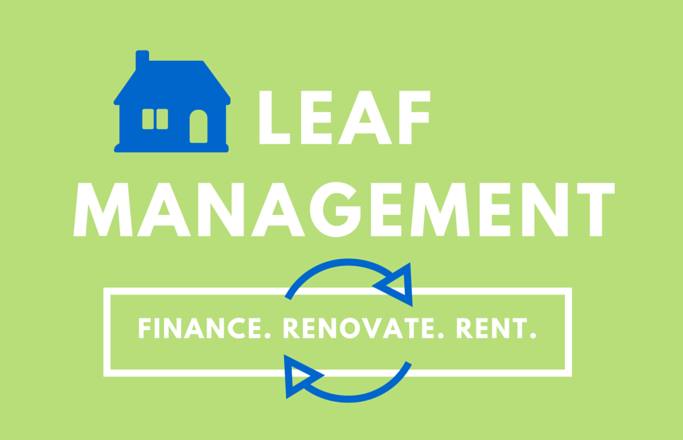As I mentioned in my last blog post, American culture doesn’t like to think about, talk about, or reconsider their garbage, which has lead to a significant waste crisis in our landfills and air pollution. However, you can make an important, if not smelly, difference by choosing to compost your organic garbage and use the compost to improve the quality of your soil for planting gardens for flowers or vegetables and spices.
Composting has been around nearly as long as humans have figured out how to sow crops. We can manually alter the content of our soils to make them more nutritious for our plants. In fact, modern botany and chemistry are good enough that your average gardener can choose which items to compost for specific plants depending on the nutrients they “need” to be the best they can be.
Composting certainly isn’t difficult, but it requires a little extra thinking, some tolerance of thinking about your garbage, and a stomach for a little smelliness.
Firstly, you need to know your garbage. What kinds of compostable materials are you regularly throwing in the garbage? The following items are not only good for compost piles, but urgent for the proper chemical breakdown of the waste.
- Vegetable and fruit scraps or skins
- Nut shells
- Egg shells
- Coffee grounds and tea bags
- Pet and human hair
- Dead leaves, weeds, hay, and straw
- Sticks, wood shavings, sawdust, and wood ash
- Shredded paper, tissues, napkins, paper towels, and other paper products
Between the nitrogen and carbon in these items, the microbes responsible from breaking down your waste from food to dirt will have plenty to work with to thrive and do their job.
Put all these items into a bag, bin, or hole outside your house. Every so often, you should mix the contents together to make sure that the contents are evenly distributed and that the microbes doing the heavy lifting have plenty of oxygen. You should also water your compost every so often. Too little water will slow or stop the composting process, since the microbes need the water to do their job, but too much water will limit access to oxygen. You should keep your compost pile just moist enough to feel like a soft sponge.
To speed up the process, you can create your own “compost tumbler” to make sure your microbes are healthy. Take a 15-gallon trash can and drill some small holes in the bottom to ensure adequate oxygen supply. Load your compostable material into your tumbler, and every so often, secure the lid with some bungee cords and roll the trash can around for a few minutes.
Once you’re pleased with your compost, you can use it to enhance the quality of your soil and plant yourself a garden. Alternatively, one user suggested making “compost tea.” Fill a mesh bag with some of the compost and soak it in 5 gallons of water for 24 hours. This “tea” will serve as great extra-nutritious water for your gardens, or you can use it to protect your yard from diseases.

